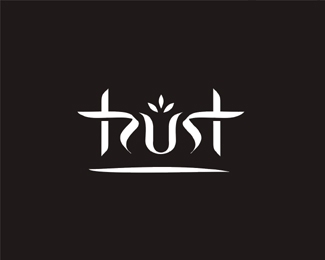
40 Sufi Comics by Mohammed Ali Vakil and Mohammed Arif Vakil is an amazing collection of forty one-page comic strips that illustrate key spiritual teachings in fields such as ethics, prayer, existence of heaven and hell, and existence of God. On the facing page of each comic are relevant excerpts from the Qur’an and traditions of Ahlul-bayt (as). Some facing pages also include artist’s notes which serve to relay a personal application or further explanation of the lesson in the comic.
One of the great beauties of this work is its suitability for all audiences and ages. An 8-year-old child, a 55-year-old adult, or an open-minded non-Muslim – indeed almost anyone – will enjoy and benefit from this material. Some of the comics do have a bit of humor in them, but really they are perhaps better described as illustrated anecdotes, each revealing a principle or idea that one can live one’s life by. For example, one comic shows Imam Baqir (as) being insulted by someone using a play of words on his name, calling him Baqara (cow), followed by the calm and polite response of the Imam (as), which brings about a change of heart in the insulter. One of the Qur’anic verses accompanying it is 25:63 - “And the servants of the Most Merciful are those who walk upon the earth easily, and when the ignorant address them [harshly], they say [words of] peace…,” and an artist’s note explains how he thinks of this anecdote whenever someone is rude to him. In no more than 5 minutes’ reading, a life lesson on how to deal with rude people is well taught in an insightful, succinct and entertaining way.
The graphic format of 40 Sufi Comics encourages reflection and application. People who do not like to read, people who are very busy, or people who prefer to get straight to the point or take things in small chunks can all easily digest a short comic and a few short related verses and traditions and then put the book down for another day. The lessons in each anecdote are simple enough for a small child but deep enough for a learned and pious religious scholar to both be able to transform their selves in application. The format and nature of the content also makes it a prime candidate for regular re-reading because there is always something more to learn or improvement to be made in its application, and the comics are so brief and clever that they will not become mundane or boring when seen multiple times.
There is a potential for this to be used in a madressa or study-circle type format. It would certainly be more novel , engaging and have broader appeal than many other choices, while being no less in content or quality, and further could be used for almost any age group that is able to read or be read to. One of the shortest comics at only three panels relays a saying of Imam Ali (as) about man being food for worms. Some worms are at a grave and are saying “Yum!” The Qur’anic verse and two traditions that go with it simply remind us of death and the importance of remembering that it comes to all of us. A topic that could be frightening or heavy-handed is well served by brevity and honesty. There is no sugar-coating and yet the lesson is accessible to youth.
40 Sufi Comics can be read or previewed online (as well as a few comics published at Islamic Insights)and can be followed on Facebook . The book is a delight and highly worth having in hard copy where its formatting can really be appreciated. It would also serve as an excellent gift for young and old. It can be purchased currently for only $6 on Amazon where it is listed as "Volume 1". Let us hope there are many more volumes to come!


